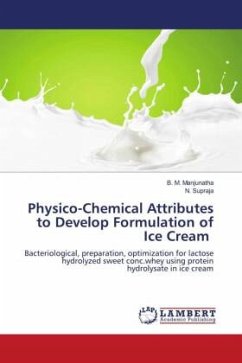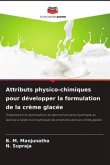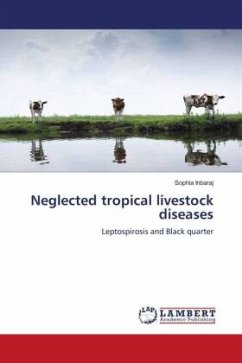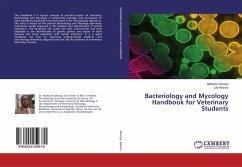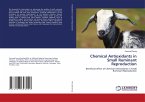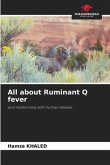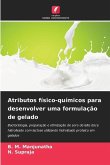Whey solids are well known for their nutritional and functional properties and the same has been well documented. Owing to their excellent nutritional and functional properties of whey solids find numerous applications in food and dairy industry The biological components of whey including Lactoferrin, Lactoglobulin, Lactalbumin, glycomacropeptides and Immunoglobulin. Whey contains valuable lactose and proteins. Almost about 80 percent of whey is wasted without being used in country. Whey carries low total solids and has very low shelf life. Thus, the parameters like water activity (aw), pH, redox potential, heat treatment etc, which are bacteriostatic, bactericidal are hurdles. These hurdles may govern many preservations process and more than, one hurdle is often responsible for long shelf life of certain food product. ice cream is a frozen product obtained from cow or buffalo milk or a combination thereof or from cream, and/or other milk products, with or without addition of cane sugar, dextrose, liquid glucose and dried liquid glucose, eggs, fruits, fruit juices, preserved foods, nuts, chocolate, edible flavors and permitted food colors.
Bitte wählen Sie Ihr Anliegen aus.
Rechnungen
Retourenschein anfordern
Bestellstatus
Storno

